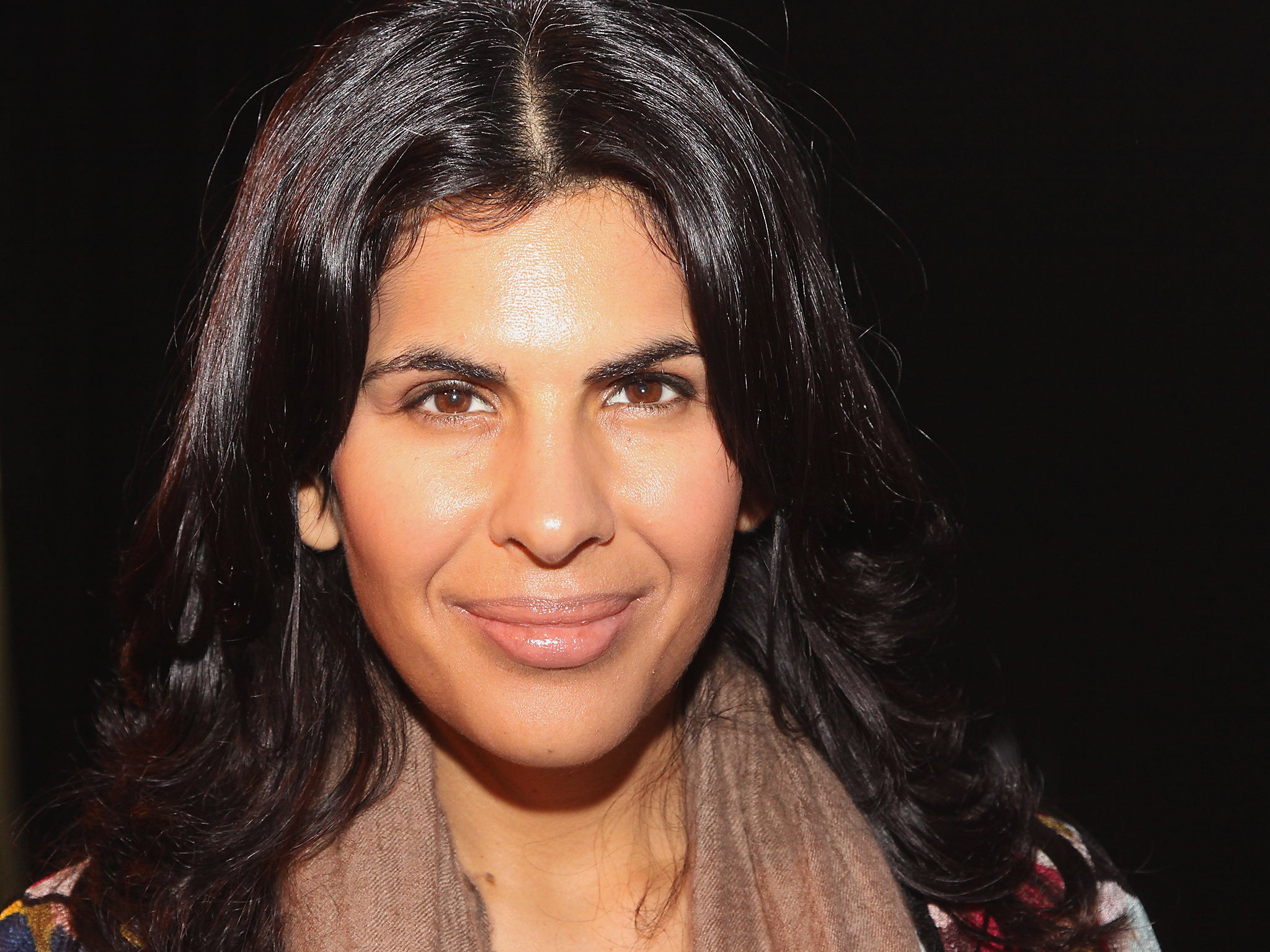Five minutes with... Anjum Anand
Armed with the gospel of soulful Indian food she takes a break from all the TV and radio to talk about her inspirations – and her eighth cookbook

What inspired you to become a chef?
When I was in university, I realised Indian food outside of the home is not what I would call Indian food. I went to supermarkets and again, that wasn’t really proper Indian food. People think of Indian food as a treat and I thought that’s ridiculous because for every Indian, it is an everyday food and it’s very balanced. I think that kind of feeling that people didn’t understand about the cuisine was probably my inspiration to get involved a little deeper.
What makes Indian food so unique from other dishes?
If you break it down, a lot of the ingredients you use in Indian food like onions and ginger and garlic and tomatoes, they’re not so different from a lot of other cuisines. I think what makes it quite unique is the spicing and the history. There were different colonisers and different traders who came into the country which made the cuisine more interesting and more complex.
You aim to make it simple and easy rather than heavy. How do you go about doing that?
It’s such a vast cuisine that there are so many dishes that are already palatable and really work with the way we live today. There are a lot of practical time-saving ways of cooking, but I’m not trying to reinvent the wheel with a lot of the dishes, I just want people to understand proper Indian food.
You’ve worked in restaurants all over the world. Do you have a favourite place you’ve worked?
I guess my favourite place was Delhi because it was in a proper Indian restaurant. I love a lot about restaurant Indian food and different techniques and ways of using ingredients. I think for me that was the most enlightening.
Do you think there’s a big difference in Indian food in India as opposed to the UK?
I think there is a big difference. A lot of the food that we eat outside of India is restaurant food, so the end result is quite different. The way I cook Indian food at my home and the way people would cook it in an Indian home would be quite similar.
You’ve written a lot of books on Indian cooking. Is writing a passion of yours too?
I love cooking, so for me writing the recipe is just part of it. But I don’t enjoy it as much as I do cooking. I find it a bit stressful to be honest. It does come together in the end, but it’s not natural for me.
Why did you decide to start writing books?
I wrote my first cookbook because I had spent time in the kitchen growing up with my mother, but I never thought about learning how to cook in a formal way. I was in the kitchen cooking and I wrote everything down and I wanted to keep my mum’s recipes even though I made them in my own way. I wanted there to be some heritage of my food.
Indian food is so popular and easily available in the UK. How do you try and make your dishes stand out from everyone else?
When I’m writing, I think of a recipe that I haven’t done or haven’t seen. I look for things in my travels that I think might look delicious and might really work in England. I think about food I haven’t seen here. It’s that kind of thing where you’re pushing Indian cuisine and I think that’s really exciting, but also finding recipes that I think people will love and will love to cook.
What do you think of fusion food?
A lot of Indian food is naturally fused. You have basic ingredients and a basic way of cooking and you have the historical influences. You have like Goan pork pies where the Portuguese came into Goa and they heavily influenced the region and they became another type of cuisine which I would call a naturally fused food. I think India has always taken different influences and spiced it up and adopted it so I feel that this cuisine does keep growing because of that and I enjoy using the spices to do new things with it, but I think there’s no point of doing fusion just for the sake of it. It needs to make sense.
Indian women usually don’t enter a career into cooking. How did you combat that?
When I decided to go into food, my parents were quite disappointed because Indian women have been in the kitchen for centuries. My generation and perhaps the one before me were quite lucky that we had a good education. We could be anything and do anything you wanted and my parents certainly had aspirations for me to be something other than in the kitchen. But, I think now with all of the celebrity chefs there are more and more women who are interested in cooking for a living.
What was your inspiration behind developing your line of sauces, The Spice Tailor?
The inspiration is always India and the food there. I was passionate about the ingredients and I wanted to put it on the shelves and again, to showcase India’s tasty dishes. So I worked on it to get recipes to be as tasty as possible and they are made exactly the same way they would be at home, with layers of flavours.
Join our commenting forum
Join thought-provoking conversations, follow other Independent readers and see their replies
Comments
Bookmark popover
Removed from bookmarks